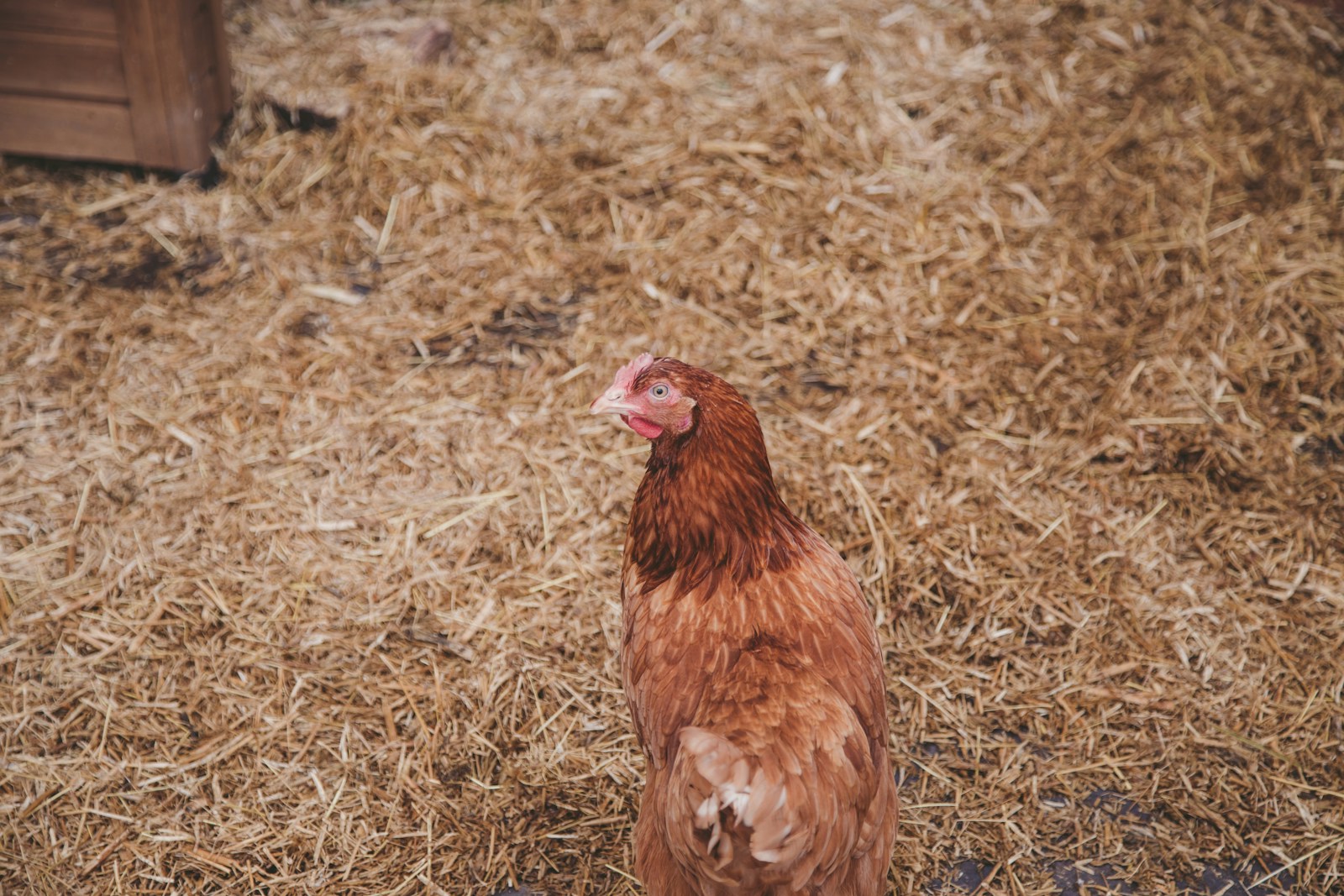
varicela

chickenpox
The word 'varicela' in Spanish translates to 'chickenpox' in English. It can refer to a highly contagious disease caused by the primary infection with varicella zoster virus (VZV). The disease results in a blister-like rash, which first appears on the face and trunk, and then spreads throughout the body. Although uncomfortable, the disease usually only involves a minor illness before resolving itself. A vaccine for chickenpox exists and is often administered in early childhood.
Example sentences using: varicela
La varicela es muy contagiosa.

Chickenpox is very contagious.
This sentence is a simple statement about the nature of chickenpox, or 'varicela'. It uses the verb 'es' (is) to describe the characteristic of chickenpox as being very contagious, or 'muy contagiosa'.
Después de la varicela, hay que tener cuidado con el sol.

After chickenpox, you have to be careful with the sun.
This sentence is providing advice about what to do after someone has had chickenpox ('varicela'), suggesting the need to be careful with sun exposure. The phrase 'hay que' is commonly used in Spanish to express the idea of 'one must' or 'it is necessary'.
Mi hermano tiene varicela.

My brother has chickenpox.
This sentence, like many in Spanish, uses the verb 'tener' (to have) to indicate a medical condition or state of being. In this case, the speaker's brother has chickenpox, or 'varicela' in Spanish.